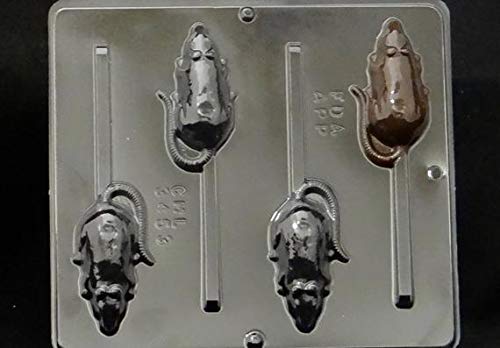Oh Jo, this is the first time I have sat down and read this thread. I'm so sorry.
The only thing I can tell you is at a local historic place here in town. You should know it - Sainte Marie Among the Hurons across from the Shrine. I worked there in the maintenance department one summer. All the time in the native church we would have to go in and clean the mouse poo off the alter. Each time we would get dressed up in the white suits, mask, gloves etc because of the threat of hanta virus. So it is out there. I did some searching on it.
Hantavirus has an incubation time of 2-4 weeks in humans, before symptoms of infection occur. These symptoms can be split into five phases:
Febrile phase: Symptoms include fever, chills, malaise, headaches, nausea, abdominal and back pain, respiratory problems such as the ones common in the influenza virus, as well as gastro-intestinal problems. These symptoms normally occur for 3-7 days.
Hypotensive phase: This occurs when the blood platelet levels drop and symptoms can lead to tachycardia and hypoxemia. This phase can last for 2 days.
Oliguric phase: This phase lasts for 3-7 days and is characterised by the onset of renal failure and proteinuria occurs.
Diuretic phase: This is characterized by diuresis of 3-6L per day, which can last for a couple of days up to weeks.
Convalescent phase: This is normally when recovery occurs and symptoms begin to improve.
Also something else from a CBC report from 2006
Hantavirus Pulmonary Syndrome is not a common illness. There were no cases at all in Canada in all of 2004; the country typically reports just three cases a year. Furthermore, most people who are exposed to the virus do not fall ill. But if HPS is contracted, it can be a killer. Mortality estimates in Canada and United States range from 33 per cent to 50 per cent.
"It's not always fatal," said Dr. Robin Lindsay, with the national microbiology lab in Winnipeg. "Of the 61 human cases we've had so far, we're looking at a 36 per cent mortality rate. Unfortunately, it can have a high mortality rate, but people do survive exposure."
The first symptoms typically occur one to three weeks after exposure to infected mice and their droppings. It begins as a flu-like illness. Fever, muscle pains and fatigue progress within a few days to coughing and shortness of breath. Lungs fill with fluid and a respirator is often needed. For those who survive, recovery can take weeks or months. There is no vaccine.
That last part could explain why some are getting it and not others.
:hugs:










































